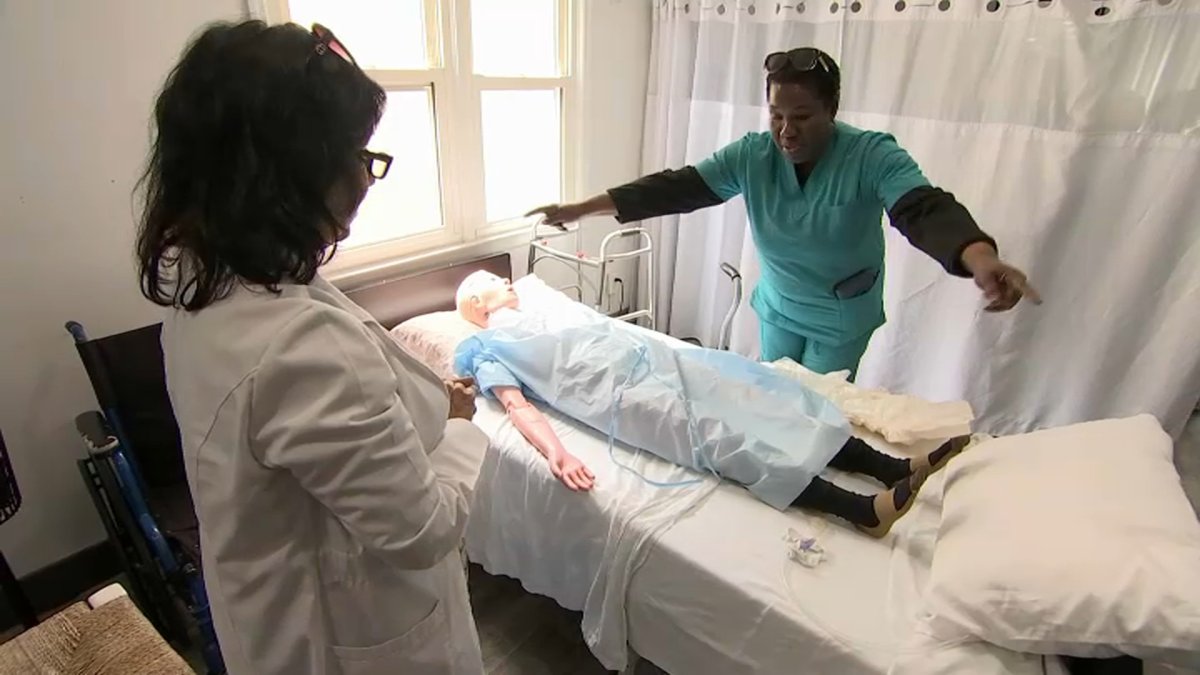In response to the severe shortage of home health aides in New York, a new bill is being proposed. The Long Term Care Workforce Support Act aims to boost the industry by increasing salaries and improving labor protections. Sen. Kirsten Gillibrand introduced the bill, which includes $100 billion in federal grants.
Terry Ann Hamilton, a certified nursing assistant in New York, relies on cabs to get to work since she doesn’t have a car. At one of her jobs, she cares for an elderly couple who have limited mobility. The couple has formed a bond with Hamilton and appreciates her dedication. They believe that long-term care workers are like family to them and provide essential care that they couldn’t do without.
The home health aide training institute on Long Island is constantly seeking workers due to the high demand for long-term care services. Maria Santiago, the school’s president, emphasized that agencies are continuously requesting more aides, highlighting the need for more workers in the field.
Sen. Gillibrand believes that the low wages paid for long-term care jobs are contributing to the shortage of workers. She argues that about half of the 3.7 million long-term care workers in 2022 earned less than $30,000 per year, leading many to require public assistance. Terry Ann Hamilton feels overwhelmed by her workload due to low pay and believes that a raise is necessary to compensate for the challenging nature of her job.
Clients appreciate the hard work put in by long-term care workers and believe they deserve higher pay. Christine Dorsay, a 91-year-old client, expressed gratitude for their dedication and emphasized the importance of supporting these workers by providing them with fair compensation.
Overall, this bill aims to address the critical issue of workforce shortages in long-term care services by incentivizing individuals with better wages and improved labor protections through federal grants.


